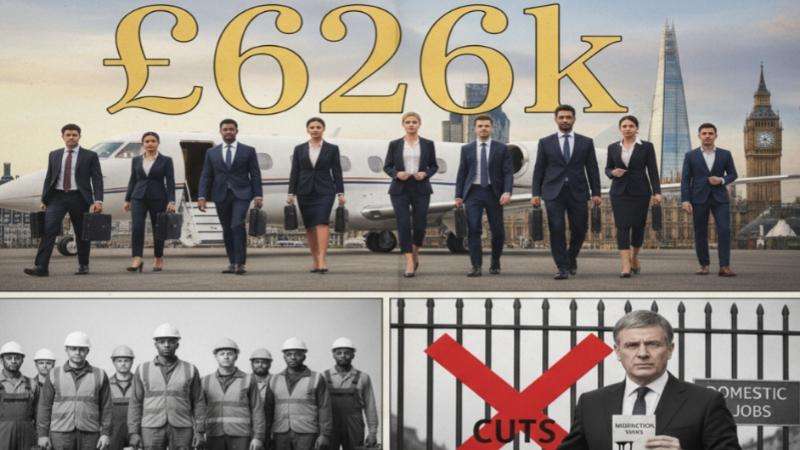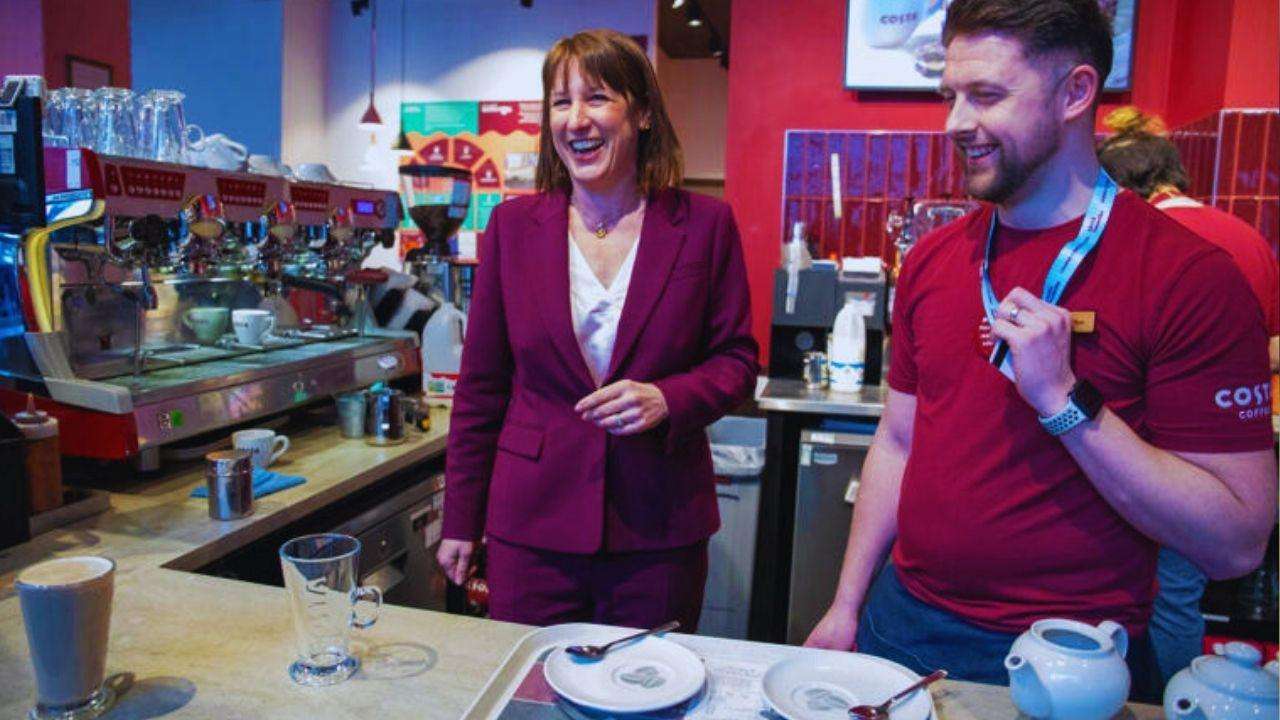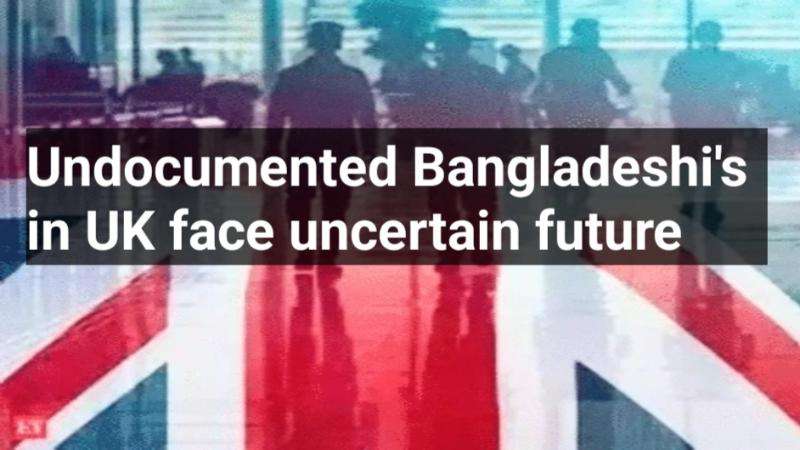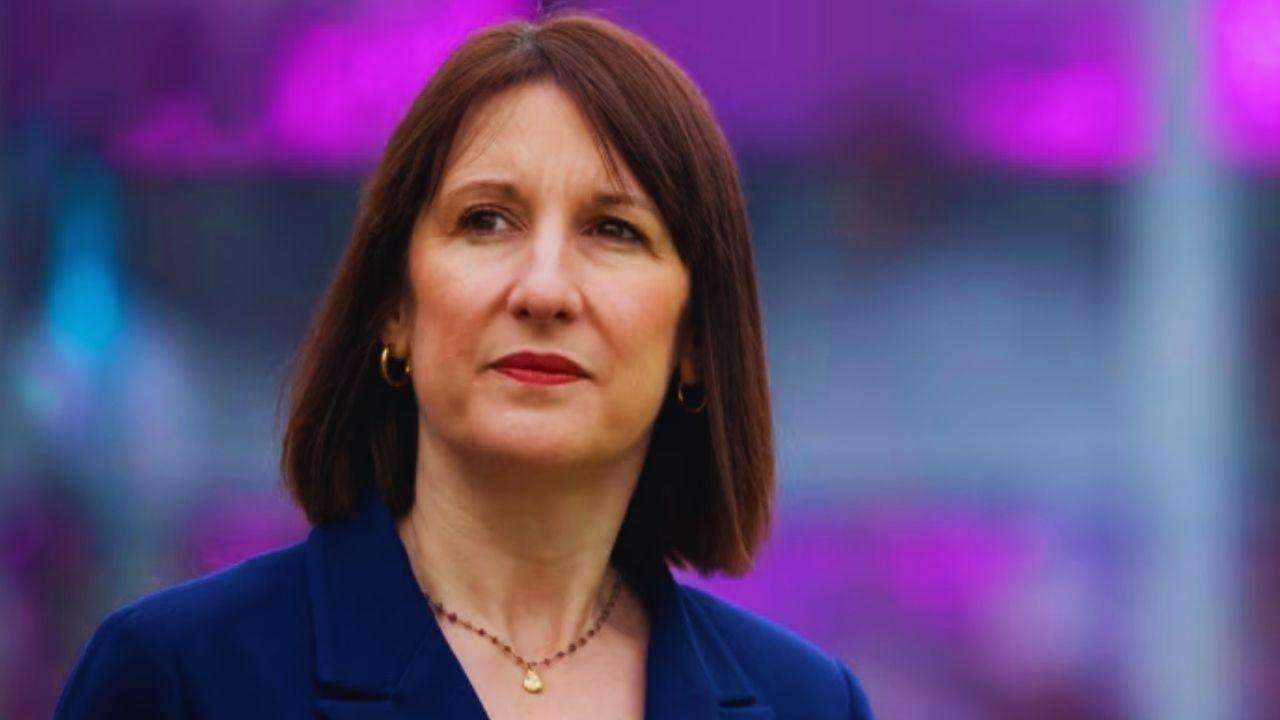Inflation is on the rise, with consumer prices increasing from 2.5% to 3% in the year to January—exceeding the City’s forecast of 2.8%. Economists predict that inflation will continue climbing throughout the year, driven largely by rising energy costs and Chancellor Rachel Reeves’ tax measures in her record-breaking Budget.
Although Reeves has prioritized "getting more money in people’s pockets," some of her policies are expected to fuel inflation further. Analysts warn that consumer prices could surge to 4% by year-end.
Inflation and Government Policy
With inflation hitting 3%, Bank of England Governor Andrew Bailey will be required to send a formal explanation to the Chancellor, detailing why prices remain well above the 2% target. Key policies contributing to rising inflation include the VAT imposition on private school fees, an increased minimum wage, and a £25 billion hike in employer National Insurance contributions (NICs).
Bailey has suggested this inflationary spike is a temporary hurdle. However, the Bank of England does not anticipate inflation returning to its 2% target until 2027, meaning interest rates are likely to remain high for an extended period.
Rising Food Prices
Food costs have been a major driver of inflation, with supermarket prices increasing by 3.3% over the past year, compared to 2% in December 2024. Meat, bread, cereals, and fish saw some of the sharpest price hikes, with the cost of lamb loin chops soaring 16% to £19.56 per kilogram.
While external factors like climate change and global conflicts typically influence food prices, economists warn that domestic policies are now playing a significant role. The British Retail Consortium has attributed rising prices to an additional £7 billion in business costs, including higher employer NICs, wage increases, and a new packaging levy. The Bank of England has also cited rising labor costs as a key factor behind escalating grocery bills.
The Impact of VAT and Transport Costs
Services inflation remains a concern, with prices rising 5% year-on-year in January, up from 4.4% in December. Some of this increase stems from Reeves’ tax policies, such as the 20% VAT on private school fees, which alone contributed 0.1 percentage points to the overall inflation rate. The move has led to school closures and concerns over the capacity of the state education system. Private school fees surged 12.7% in January as a result.
Airfares also played a significant role, as prices did not decline as expected after the holiday season. The smallest January drop in airfare prices since 2020 added 0.3 percentage points to overall inflation.
According to Grant Fitzner, chief economist at the Office for National Statistics (ONS), continued wage growth is likely to push service-sector prices even higher. He noted that with wages increasing at 5-6% annually, service costs will inevitably follow suit.
Rate cut fears
The Bank of England recently reduced interest rates to 4.5%, with some policymakers advocating for a more aggressive cut to 4.25%. However, further reductions are uncertain. Analysts now view a rate cut in March as unlikely, while a May adjustment is still probable but not guaranteed.
Market traders have reduced the likelihood of a May rate cut from 89% to 86% following the latest inflation data.
Capital Economics remains cautiously optimistic, suggesting that inflation may remain above 3% over the next seven months before gradually declining. However, if inflation proves more persistent than expected, interest rates may be cut more slowly—or not as much as anticipated.
_6.jpg)
_7.jpg)






.svg)


